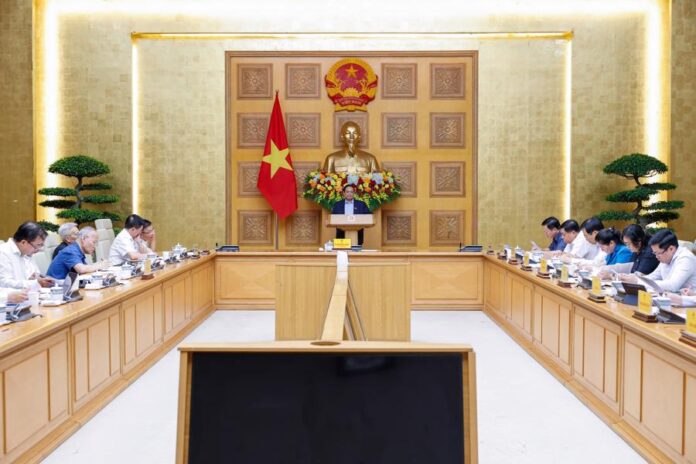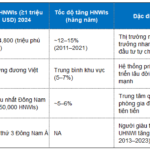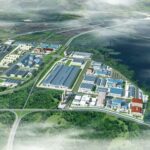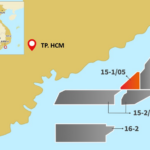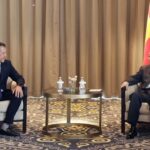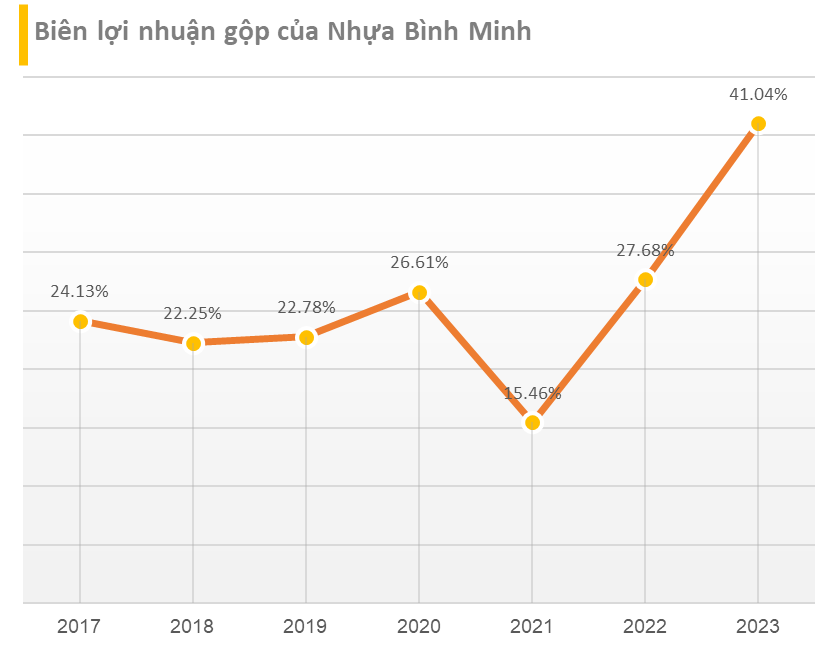On the afternoon of May 8, Prime Minister Pham Minh Chinh chaired a meeting with the Policy Advisory Council to continue refining the draft resolution of the National Assembly on special mechanisms and policies to develop the private sector, in implementation of Resolution 68 of the Politburo.
This was the second meeting chaired by the Prime Minister in two consecutive days on this important matter. Also attending the meeting were Central Committee members: Deputy Prime Ministers Tran Hong Ha, Le Thanh Long, Ho Duc Phoc, and Nguyen Chi Dung; Minister and Chairman of the Government Office Tran Van Son; and leaders of ministries, sectors, and agencies.
Speaking at the meeting, Prime Minister Pham Minh Chinh acknowledged and highly appreciated the efforts of the Policy Advisory Council, which, despite being recently established, has effectively utilized the rich experience, extensive knowledge, and dedicated spirit of its members, making significant contributions to the Government and Prime Minister’s leadership and governance. Many of the Council’s insights were profound, practical, and highly valuable in refining and submitting to the Politburo the proposal and resolution on private sector development.
According to the Prime Minister, the world has recently witnessed rapid and complex changes, requiring agile, flexible, timely, and effective policy responses. Domestically, we have held a historic Central Committee conference to discuss historic issues; vigorously promoted a revolutionary reorganization of the apparatus; and aimed for economic growth of 8% in 2025 and double digits in subsequent years.
The Government has submitted to the Politburo for issuance the “strategic quartet” of resolutions: Resolution 57-NQ/TW on breakthrough development in science, technology, innovation, and digital transformation; Resolution 59-NQ/TW on international integration; Resolution 66-NQ/TW on law building and enforcement innovation; and Resolution 68-NQ/TW on private economic sector development.
Along with this, we have promoted the perfection of mechanisms, policies, and laws, including submitting 44 law and resolution projects (the highest number ever) to the 9th session of the 15th National Assembly; finalized documents; and prepared for Party congresses at all levels, leading up to the 14th National Party Congress.
The Prime Minister emphasized the urgency of institutionalizing the Politburo’s resolution and developing a National Assembly resolution to promote the rapid and sustainable development of the private economy. The contents of the “strategic quartet” of resolutions, as promulgated by the Politburo, will be synergistically beneficial when implemented comprehensively and methodically.
The draft National Assembly resolution should focus on the most pressing issues that need immediate attention and are of the highest concern to the people and businesses. It should address both urgent and long-term matters that are not yet included in the law projects.
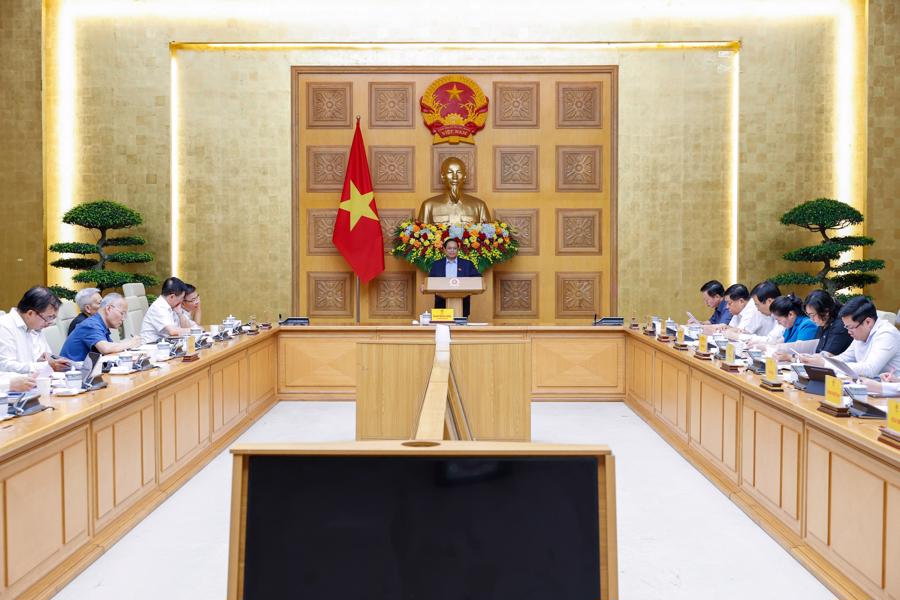
According to the Prime Minister, the mechanisms and policies must act as “levers and supports,” be practical and suitable for the current conditions, and inspire a sense of enthusiasm, confidence, self-reliance, and pride in striving for development. They should effectively harness all resources, maximize innovation, boost production and business activities, drive economic growth, and create jobs and livelihoods for the people.
“There are no limits to innovative development in the private sector as we strive for a rich country, strong people, democracy, equality, and civilization in this new era,” emphasized the Prime Minister.
To develop the private sector as the most crucial driver of the national economy, the Prime Minister asserted that the State must act as an enabler, with people as the foundation and businesses as the core. Institutions, mechanisms, and policies will serve as the impetus.
Analyzing and emphasizing key points for refining the draft resolution, the Prime Minister pointed out the need for mechanisms to address difficulties, bottlenecks, and obstacles hindering the development of the private sector. We must create a trend and movement to develop private enterprises, encouraging all people and households to enthusiastically engage in startups and legitimate wealth creation.
Additionally, we should establish robust mechanisms and policies to enable large economic groups to participate in global supply chains and become multinational corporations. We must also encourage and facilitate household businesses to transform into enterprises, micro-enterprises to become small enterprises, small enterprises to become large enterprises, and large enterprises to grow even bigger.
It is necessary to review and ensure property ownership rights, freedom of business, fair competition, equal access to resources, capital, land, and public assets, and promote public-private partnerships. Human resource development policies must be market-driven and meet enterprises’ requirements, fostering close collaboration between businesses and educational institutions.
The Prime Minister also instructed to clarify the content regarding task assignments to enterprises, emphasizing the importance of “knowing one’s role and doing one’s job well.” This should be based on the principles of Party leadership, State management, Government governance, and people’s ownership, with oversight from the Fatherland Front and socio-political organizations. Clear delegation of authority is essential, along with the design of tools to enhance supervision and inspection. Task assignments and orders should not be limited in terms of sectors or project scales.
The draft resolution should also elaborate and emphasize mechanisms and institutions related to intangible assets, brands, and intellectual property.
Particularly, to instill confidence in people and businesses for investment, production, and business operations, the Prime Minister stressed the need to concretize the content in Resolution 68 regarding “adhering to the principle of distinguishing between criminal, administrative, and civil liability; and between legal entities and individuals in handling violations.”
The Prime Minister also suggested further consideration of providing credit guarantees for small and medium-sized enterprises, encouraging private investment funds, simplifying business registration and dissolution procedures to be the simplest, fastest, and most cost-effective, and eliminating the “permission-granting” mechanism. He also emphasized the need to clarify tax policies by simplifying procedures and encouraging business development while ensuring both responsibility and obligation. He promoted the use of electronic invoices generated from cash registers.
Regarding the timeline, the Prime Minister requested promptly seeking feedback from the business community, Government members, and Chairpersons of the People’s Committees of provinces and centrally-run cities. The resolution should be submitted to the National Assembly for approval before May 18.
The Battle for Private Banking Supremacy in Vietnam
According to the Knight Frank Wealth Report 2024, Vietnam is home to approximately 5,459 individuals with liquid assets exceeding $10 million, accounting for 0.2% of the global high-net-worth individual (HNWI) population and ranking sixth in Southeast Asia. The Asia-Pacific region, hailed as the “Asian Century,” has witnessed robust economic growth, leading to a rapid increase in the number of HNWIs and ultra-high-net-worth individuals (UHNWI). Knight Frank predicts a 26% rise in Vietnam’s ultra-rich population (those with assets over $30 million) by 2026, reaching approximately 1,551 individuals, while the millionaire cohort is expected to grow from 72,135 to 114,807. Additionally, McKinsey estimates that Vietnam’s personal financial assets will reach around $600 billion by 2027, exhibiting a 15% annual growth rate between 2011 and 2021, double the regional average, underscoring the surging demand for comprehensive wealth management services.
“Cienco4 Barred from Bidding in Ha Nam Province Due to Document Forgery in University Project”
Cienco 4 has established itself as a key player in major infrastructure projects across Vietnam. With a proven track record in large-scale developments, the company has been instrumental in shaping some of the nation’s most significant transportation hubs. Their expertise and involvement can be witnessed in the Quang Tri Airport, a 5.8-trillion VND project, as well as the prestigious Long Thanh Airport, where they undertook Package 4.6, valued at 8.1 trillion VND. Additionally, their portfolio includes the Le Van Luong – Hanoi’s Ring Road 3 tunnel, further showcasing their capabilities in delivering complex and vital infrastructure projects.
New Oil Discovery Off the Coast of Vietnam: A Joint Venture Between Korean Chaebol SK and Murphy Oil of the US
For the second time in just three months, SK Earthon has struck oil in Vietnam. The company announced on May 8 that it has successfully discovered oil in lot 15-2/17, adding to its earlier find in the same country earlier this year in January.

